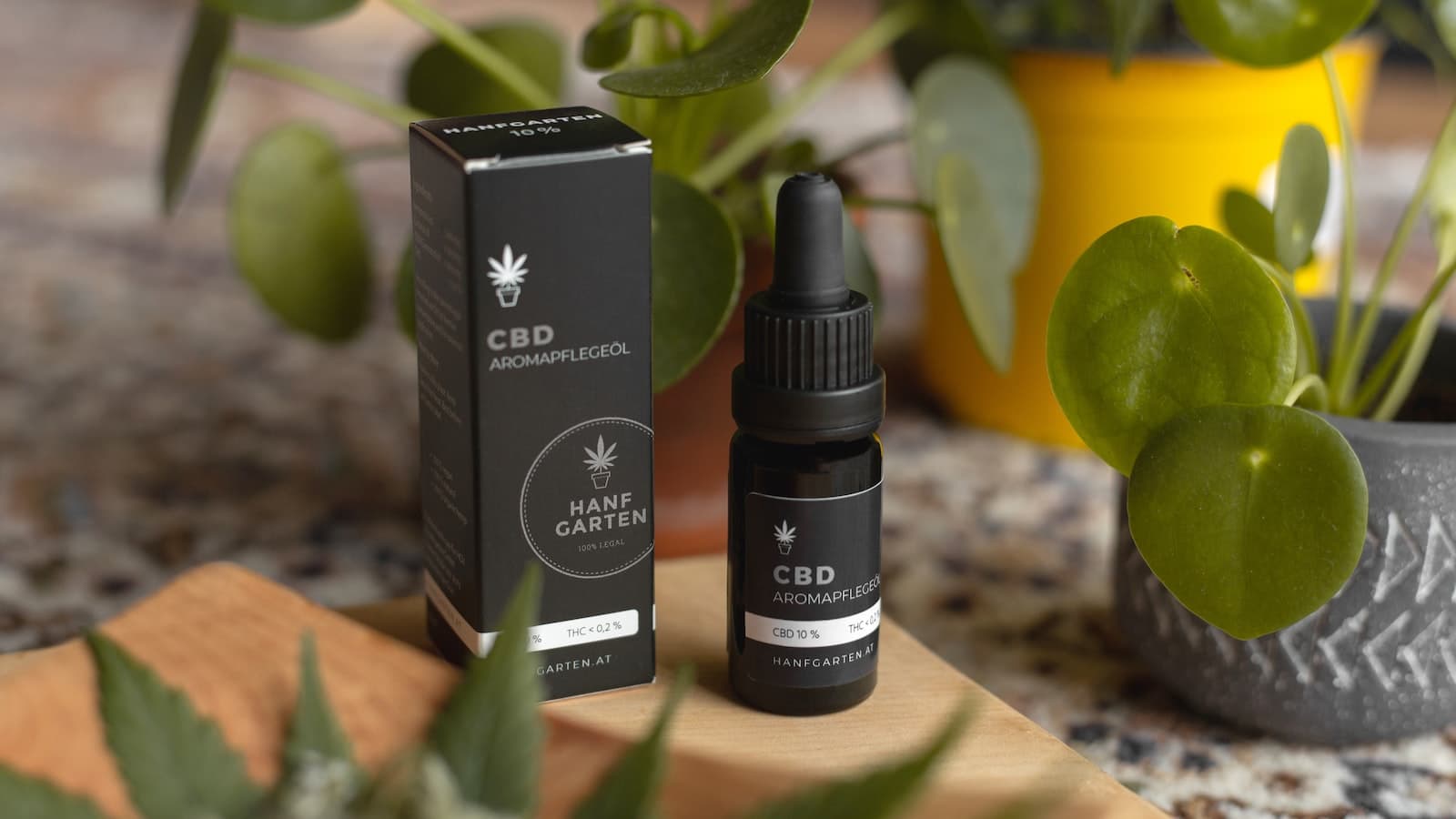How to Choose Essential Oils

Essential oils have become increasingly popular in recent years due to their various health and wellness benefits. These oils are extracted from plants and can be used for aromatherapy, skincare, and even cleaning. However, with so many different types of essential oils available, it can be difficult to know where to start. In this article, we will provide a comprehensive guide on how to choose essential oils, including what to look for when selecting an oil, how to use them safely and effectively, and tips for purchasing high-quality oils.
Understanding Essential Oils
Before we dive into how to choose essential oils, it's important to have a basic understanding of what they are and how they work. Essential oils are highly concentrated plant extracts that are derived from the flowers, leaves, roots, and other parts of plants. These oils are typically used for their therapeutic properties, which can range from calming and relaxing to invigorating and energizing. Essential oils are often used in aromatherapy, but they can also be used topically and ingested (although this should only be done under the guidance of a healthcare professional).
How Essential Oils are Extracted
There are several different methods for extracting essential oils from plants, including steam distillation, cold pressing, and solvent extraction. Each method has its own advantages and disadvantages, and the resulting oil may have a different composition and aroma depending on how it was extracted.
Choosing Essential Oils
When choosing essential oils, there are several factors to consider, including the quality of the oil, its purity, and its intended use. Here are some tips for selecting the right essential oils for your needs:
Quality and Purity
One of the most important factors to consider when choosing essential oils is the quality and purity of the oil. High-quality essential oils are typically made from organic or wildcrafted plants and are free from synthetic additives, fillers, and contaminants. Look for oils that are labeled as "pure" or "therapeutic grade," as these are generally of higher quality than oils that are labeled as "fragrance oils" or "aromatherapy oils."
Intended Use
Another important factor to consider when choosing essential oils is their intended use. Different oils have different properties and are used for different purposes. For example, lavender oil is often used for relaxation and stress relief, while peppermint oil is used for its cooling and energizing effects. Before purchasing an oil, consider what you will be using it for and choose an oil that is appropriate for that use.
Aroma
The aroma of an essential oil is also an important factor to consider when choosing an oil. Some oils have a strong, pleasant aroma, while others may have a more subtle or unpleasant scent. It's important to choose an oil that you find appealing and that fits with the intended use. For example, if you plan to use an oil for a relaxing bath, you may want to choose an oil with a calming and soothing scent, such as lavender or chamomile.
Price
Finally, the price of an essential oil is also a factor to consider. While high-quality oils may be more expensive, it's important to choose an oil that fits within your budget. However, be wary of oils that are priced significantly lower than other oils of the same type, as this may indicate that the oil is of lower quality.